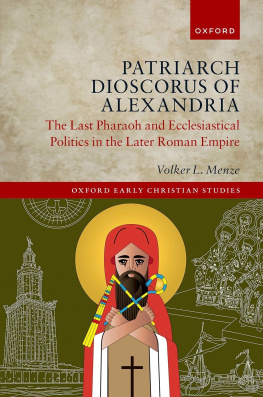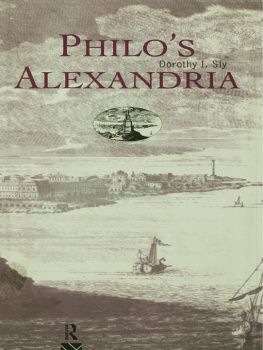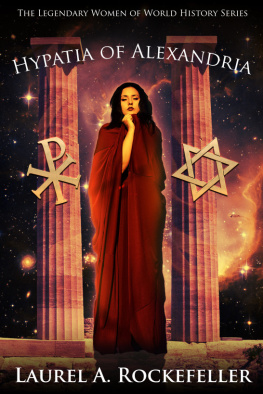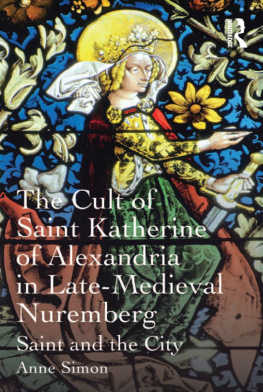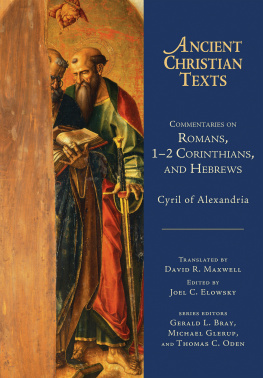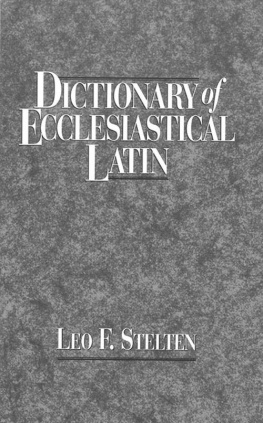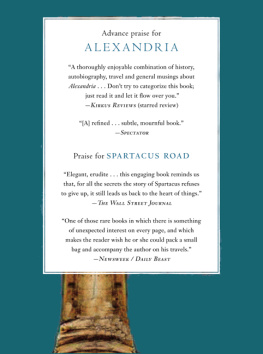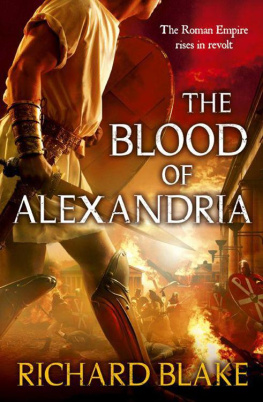The Oxford Early Christian Studies
Series includes scholarly volumes on the thought and history of the early Christian centuries. Covering a wide range of Greek, Latin, and Oriental sources, the books are of interest to theologians, ancient historians, and specialists in the classical and Jewish worlds.
titles in the series include :
The Minor Prophets as Christian Scripture in the Commentaries of Theodore of Mopsuestia and Cyril of Alexandria
Hauna T. Ondrey (2018)
Preaching Christology in the Roman Near East
A Study of Jacob of Serugh
Philip Michael Forness (2018)
God and Christ in Irenaeus
Anthony Briggman (2018)
Augustines Early Thought on the Redemptive Function of Divine Judgement
Bart van Egmond (2018)
The Idea of Nicaea in the Early Church Councils, ad 431451
Mark S. Smith (2018)
The Many Deaths of Peter and Paul
David L. Eastman (2019)
Visions and Faces of the Tragic
The Mimesis of Tragedy and the Folly of Salvation in Early Christian Literature
Paul M. Blowers (2020)
Art, Craft, and Theology in Fourth-Century Christian Authors
Morwenna Ludlow (2020)
Nemesius of Emesa on Human Nature
A Cosmopolitan Anthropology from Roman Syria
David Lloyd Dusenbury (2021)
The Consolation of Boethius as Poetic Liturgy
Stephen Blackwood (2022)
Clement and Scriptural Exegesis
The Making of a Commentarial Theologian
H. Clifton Ward (2022)
The Cult of Stephen in Jerusalem
Inventing a Patron Martyr
Hugo Mndez (2022)

Great Clarendon Street, Oxford, OX2 6DP, United Kingdom
Oxford University Press is a department of the University of Oxford. It furthers the Universitys objective of excellence in research, scholarship, and education by publishing worldwide. Oxford is a registered trade mark of Oxford University Press in the UK and in certain other countries
Volker L. Menze 2023
The moral rights of the author have been asserted
All rights reserved. No part of this publication may be reproduced, stored in a retrieval system, or transmitted, in any form or by any means, without the prior permission in writing of Oxford University Press, or as expressly permitted by law, by licence or under terms agreed with the appropriate reprographics rights organization. Enquiries concerning reproduction outside the scope of the above should be sent to the Rights Department, Oxford University Press, at the address above
You must not circulate this work in any other form and you must impose this same condition on any acquirer
Published in the United States of America by Oxford University Press
198 Madison Avenue, New York, NY 10016, United States of America
British Library Cataloguing in Publication Data
Data available
Library of Congress Control Number: 2022948799
ISBN 9780192871336
ebook ISBN 9780192699176
DOI: 10.1093/oso/9780192871336.001.0001
Printed and bound in the UK by TJ Books Limited
Links to third party websites are provided by Oxford in good faith and for information only. Oxford disclaims any responsibility for the materials contained in any third party website referenced in this work.
To Eda
Acknowledgements
The book has been in the making since 2016 and I am grateful to a number of people who helped me along the way. My first thanks go to the staff of CEUs library in Budapest who throughout years faithfully delivered each and every ILL I needed. The first chapter of the book started to take shape in 2018 during a stay in Istanbul and it owes a lot to Tudor Salas meticulous comments. I wrote the first drafts of Chapters 2 and 4 in Budapest and revised them together with chapter one completely during my stay in Hamburg in 202021. I am much obliged to Sabine Panzram of the Center of Advanced Studies RomanIslam in Hamburg who made Edas and my stay at the Alster most pleasant and productive. My thanks also go to Kevin Grotherr who organized and scanned books for me during this first Corona year.
The complex resisted completion several times but I finished it during spring and summer 2021 in Munich. Two anonymous readers from Oxford University Press helped to shape my argument, particularly reader one who challenged me to think harder in characterizing my protagonist Dioscorus. After Oxford University Press had accepted the typescript for publication, I asked Richard Price as the expert on the ecumenical councils in Late Antiquity if he could have a look at my revised version. I then learned that he was reader one! He kindly agreed to read the whole typescript again, and I am greatly indebted to him for numerous corrections and suggestions. All remaining mistakes are of course my own.
The research supporting this book was partly sponsored by Central European University Foundation of Budapest (CEUBPF) and allowed me to hire Annalisa Zox-Weaver for editing the typescript before I submitted it to the publisher. I am most grateful to David Rockwell who painstakingly went through the final typescript and impeccably edited text and footnotes. I also thank OUP, particularly Tom Perridge and Alexander Hardie-Forsyth who guided my book through the stages of publication, as well as the series editor Gillian Clark for her notes. Sona Grigoryan, Dieter Korol, Ariel Lopez, Samuel Moawad, Katharin Papadopoulos, and Andreas Weckwerth at various stages of completion provided me with literature, comments, and suggestions. Cankat Kaplan kindly agreed to compile the index.
Last but not least, I have been supported in writing this book by Annabella Pal, Andrea Pencz-Krmendi, my angel Theodora, and particularlyas alwaysby my parents. My father did not hesitate when I asked him if you would design the cover: he created the beautiful icon of Dioscorus as Pharaoh with Alexandria and the Council of Chalcedon in the background. Above all, my wonderful wise wife Eda has patiently listened to my rambling thoughts about Dioscorus throughout the past years, and the book is rightfully dedicated to her.
Volker L. Menze
Antiphellus/Wien
Christmas 2022
Contents
The Acts of the Council of Chalcedon. trans. Richard Price & Michael Gaddis, 3 vols. [TTH]. Liverpool: Liverpool University Press, 2005.
Acta Conciliorium Oecumenicorum, ed. Eduard Schwartz. Berlin: Walter de Gruyter, 191482.
Codex Iustiniani [Corpus Iuris Civilis, vol. 2], ed. Paul Krger. 9th12th eds. Berlin: Weidmann, 19141959.
The Council of Ephesus of 431: Documents and Proceedings, trans. Richard Price with notes by Thomas Graumann [TTH]. Liverpool: Liverpool University Press, 2020.
Paul R. Coleman-Norton, Roman State & Christian Church: A Collection of Legal Documents to A.D. 535, vol. 2. London: S.P.C.K., 1966.
Corpus Scriptorum Christianorum Orientalium. Leuven: Peeters, 1903.
Dumbarton Oaks Papers.
Akten der Ephesinischen Synode vom Jahre 449, ed. and trans. Johannes Flemming. Berlin: Weidmann, 1917.
Nicene and Post-Nicene Fathers, second series, ed. Philip Schaff and Henry Wace, 14 vols. New York: Christian Literature Publishing, 18901900.

